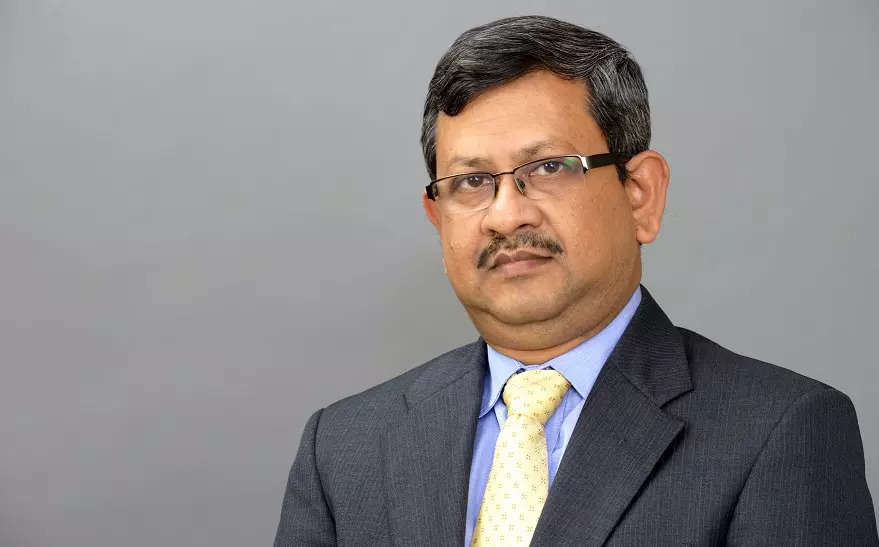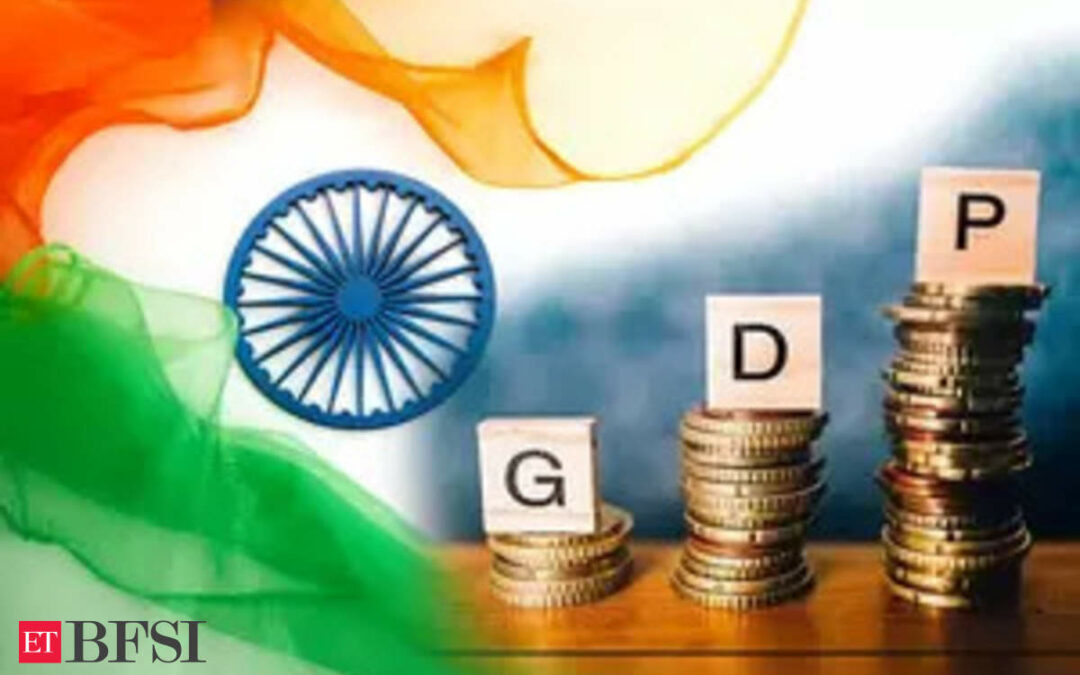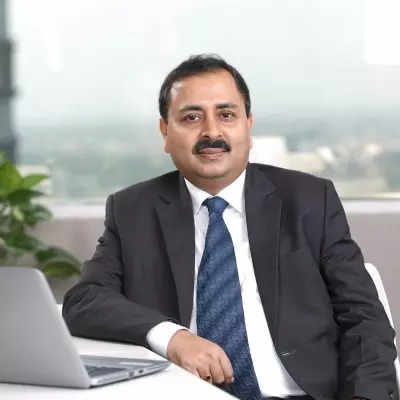The Economic Survey 2024 was tabled by the Finance Minister Nirmala Sitharaman on Monday, a day before the Union Budget 2024. According to the survey, India’s economy is on a strong wicket and stable footing and is expected to grow 6.5-7 percent in 2024-25.
Top Economists of India believe that while the government has been positive on growth, it has taken a conservative approach. They said that the survey also signalled on a need to rethink the inflation targeting framework, and while no major changes were announced, the survey highlighted six focus areas for the government.
Here’s what top economists of India believe:

Indranil Pan, Chief Economist, YES Bank
The Economic Survey 2024 outlines a new growth strategy for India, building on the transformative structural reforms of the past decade. Despite challenges such as geo-fragmentation and climate change, the survey expresses confidence that India can achieve sustainable 7% growth if essential steps are taken and the Centre, States, and private sector work closely together.
Key focus areas for policymakers include agricultural reform, job and skill creation, addressing MSME bottlenecks, tackling inequality, and improving healthcare quality. These strategies aim to boost productivity growth and per-capita income, driving the economy towards sustainable 7% growth.

Madan Sabnavis, Chief Economist, Bank of Baroda
The Economic Survey has provided direction for future policies for the government as well as raised expectations from the corporate sector in terms of increasing investment and creating jobs. It believes that the government and private sector should work together to deliver better outcomes. The Survey calls for improving skill levels of the youth and shift in employment more to manufacturing than agriculture, which is the case today.
It is positive on growth though a conservative approach is taken to the forecast for FY25 at 6.5-7%. Our forecast is 7.3-7.4% and RBI is at 7.2%. It has reiterated the concerns of SEBI and RBI on retail investors rushing into the market without evaluating risks involved. For agriculture, it has highlighted the distorted cropping pattern due to varying and conflicting incentives provided by both the national and state governments. Hence this is a very useful report which specifically tells the government what should be done.

Radhika Rao, Executive Director and Senior Economist, DBS Bank
The Economic Survey for FY25 released on Monday outlined a conservative view on growth at 6.5-7.0% vs RBI’s 7.2% (DBSf 7%), suggesting that a material change in the underlying nominal GDP assumption of 10.5% in tomorrow’s Budget is unlikely. The survey also signalled the need for a rethink of the inflation targeting framework to focus on inflation ex food, however the central bank is unlikely to see merit in this. Sustained rise in food inflation tends to influence inflationary expectations, which has kept policymakers cautious for good part of this year and FY24.
While suggestions for big-bang changes were absent, the survey highlighted six areas of focus like green finance, agriculture sector, energy, job creation (~8mn annual jobs need to be created) alongside maturing reforms. Mirroring concerns raised by policymakers (mismatch between deposit and credit growth) and the securities regulator in recent days, the Eco Survey also calls for caution over the significant increase in retail investors in the equity markets, with regulators more focused on the derivative product options.
Ranen Banerjee , Partner and Leader Economic Advisory, PwC India
The Chief Economic Advisor has sounded a cautious note by projecting a growth rate of 6.5-7.0% for FY25, highlighting the global uncertainties and domestic challenges. The Economic Survey has proposed a compact between the Central and state governments, corporate sector and academia to overcome the unprecedented economic scenario. There is a nudge to governments to let go of various regulations, citing the Ishopanishad. There is also a nudge to the private sector to invest in IP, machinery and equipment.
Academia has been nudged to provide the necessary skills and knowledge for IP creation. There is an acknowledgment of the challenges faced by our exports, manufacturing and small and medium enterprises. There is also a hint at lowering our emphasis on manufacturing and adopting the agricultural sector too as a generator of jobs, which comes from a statement that our choices cannot be binary. We now await the Union Budget to see how these headwinds highlighted in the Economic Survey are countered by the fiscal outlays and policies.












